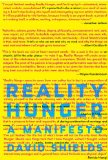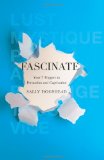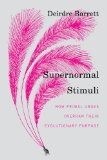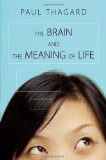new book – ‘Reality Hunger: A Manifesto’
February 23, 2010
Reality Hunger: A Manifesto by David Shields (Knopf, 2010)
An open call for new literary and other art forms to match the complexities of the twenty-first century.
Reality TV dominates broadband. YouTube and Facebook dominate the web. In Reality Hunger: A Manifesto, his landmark new book, David Shields (author of the New York Times best seller The Thing About Life Is That One Day You’ll Be Dead) argues that our culture is obsessed with “reality” precisely because we experience hardly any.
Most artistic movements are attempts to figure out a way to smuggle more of what the artist thinks is reality into the work of art. So, too, every artistic movement or moment needs a credo, from Horace’s Ars Poetica to Lars von Trier’s “Vow of Chastity.” Shields has written the ars poetica for a burgeoning group of interrelated but unconnected artists in a variety of forms and media who, living in an unbearably manufactured and artificial world, are striving to stay open to the possibility of randomness, accident, serendipity, spontaneity; actively courting reader/listener/viewer participation, artistic risk, emotional urgency; breaking larger and larger chunks of “reality” into their work; and, above all, seeking to erase any distinction between fiction and nonfiction.
The questions Reality Hunger explores—the bending of form and genre, the lure and blur of the real—play out constantly all around us. Think of the now endless controversy surrounding the provenance and authenticity of the “real”: A Million Little Pieces, the Obama “Hope” poster, the sequel to The Catcher in the Rye, Robert Capa’s “The Falling Soldier” photograph, the boy who wasn’t in the balloon. Reality Hunger is a rigorous and radical attempt to reframe how we think about “truthiness,” literary license, quotation, appropriation.
Drawing on myriad sources, Shields takes an audacious stance on issues that are being fought over now and will be fought over far into the future. People will either love or hate this book. Its converts will see it as a rallying cry; its detractors will view it as an occasion for defending the status quo. It is certain to be one of the most controversial and talked-about books of the year.
There’s already lots of response to this book, so here is a link to the latest Google news search results.
See also: Author’s website










